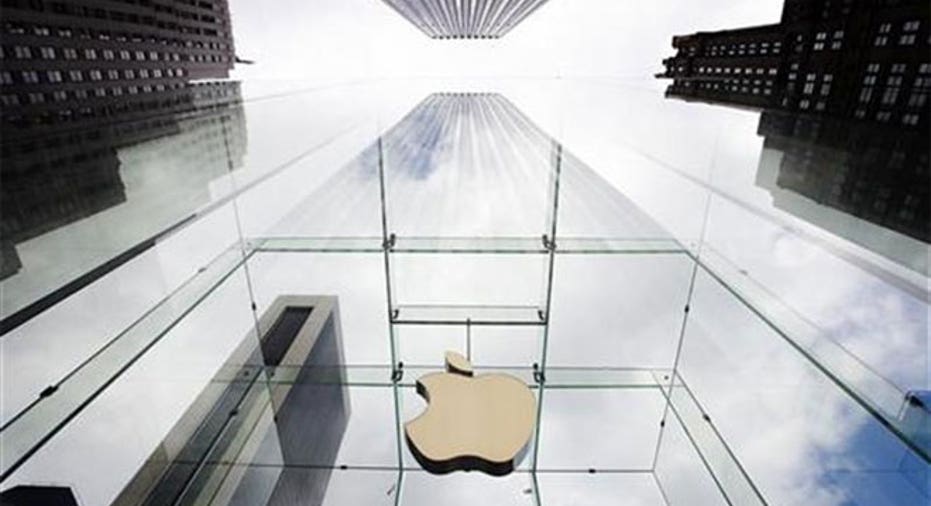Apple Leads Bond Market Back to Life

Apple Inc. was leading a slate of new bond sales on Tuesday after a nearly two-week lull, suggesting investors are still eager to lend to big blue-chip companies despite concerns that a global recession could be developing.
The tech giant, a prolific issuer in recent years as its overseas cash pile has grown, is looking to sell between $10 billion and $12 billion of new bonds to help pay for share buybacks and dividends, according to investors. Apple has been widely followed in the debt market since it sold $17 billion in 2013, which at the time ranked as the biggest corporate-bond sale on record.
Apple is selling bonds Tuesday alongside firms such as International Business Machines Corp. and Comcast Corp, taking advantage of an improved market tone as U.S. stocks rallied. Markets have been whipsawed in recent weeks amid worries that a slowdown in China and plunging commodity prices could lead to a global recession and drag on the U.S. But the bond deals are a sign that investors are still relatively optimistic about U.S. economic fortunes.
Those firms all carry investment-grade ratings, which are triple-B-minus or above. But even some junk-rated companies, which are lower rated and more sensitive to broader economic conditions, were wading into the market Tuesday. Prestige Brands Holdings Inc., which sells health-care and household cleaning products, is looking to sell $350 million to help pay for an acquisition of DenTek Holdings Inc., which distributes oral care products.
Bond sales got off to a solid start earlier this year, with Anheuser-Busch InBev NV selling $46 billion in January, a deal that ranked as the second-largest corporate-bond sale on record. But sales dropped off last week, and investment-grade corporate debt sales are tracking below last year's pace. So far, $134 billion has been sold, compared with $157 billion last year at this time, though Tuesday's deals should boost this year's figure, according to data provider Dealogic.
Highly rated corporate bond sales in the U.S. hit record levels in each of the past four years, according to Dealogic, driven by low benchmark interest rates set by policy makers who hoped it would help boost the economy after the financial crisis.
Despite the more positive tone Tuesday, some analysts remain concerned that the debt binge of recent years could make it more difficult for corporations to pay back investors, as well as reduce their financial flexibility should a recession materialize.
A report from Moody's Investors Service on Tuesday said that $947 billion of U.S. junk-rated corporate debt would mature between now and 2020, a record high. The ratings firm said it expects that "weak refinancing conditions will make it more difficult for lower-rated companies to access the capital markets."
Moody's is more optimistic for investment-grade firms, which also have a record-high $864 billion maturing through 2020. The ratings firm said that "strong and stable credit quality among this cohort of issuers will give them sufficient access to the capital markets to refinance their debt."